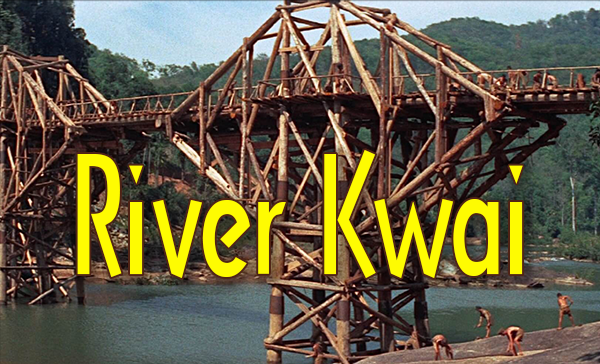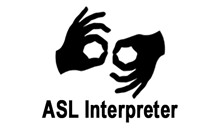
The Bridge on the River Kwai is one of my all-time favorite movies. The film (and the novel of the same name) uses the historical World War II setting of bridge building by forced labor to help connect railways from Bangkok to Rangoon. This was deemed indispensable to furthering the Japanese Empire war effort in southeast Asia.
Ernest Gordon was not a fictional character in the movie. Gordon was a captured captain of the British Army’s Argyll & Sutherland Highlanders. He was a real participant POW who worked on the bridge’s construction. The prisoners were made to work in the worst of conditions. Treated like animals, the men became beast-like trying to survive. Theft and betrayal were as rampant among them as hunger and disease. Life was met with indifference, deceit, and hatred by both captive and captor.
Gordon underwent torturous events that led to his being placed in the "death ward", designated for those who were not expected to survive. There, Dusty Miller and Dinty Moore, other British POWs, attended to him. Both Miller and Moore’s faith was evident and vocal. In their care, Gordon unexpectedly recovered. Through the examples of Miller and Moore, the recovery of Gordon, and the self-sacrificing examples of numerous others, a spiritual renewal took hold. Faith was restored to many soldiers in the death camps.
Gordon lived to tell of this hope and transformation in the valley of the river Kwai, however neither Miller nor Moore survived. In his book (Miracle on the River Kwai), he writes that though death was still very present, he and others were slowly being freed from its grip. He tells of many realizing that selfishness, hatred, envy, jealousy, greed, self-indulgence, laziness, and pride were all anti-life. Love, heroism, self-sacrifice, sympathy, mercy, integrity, were all life-giving. This led to truly living and not just existing. Gordon said these vital displays were in themselves gracious gifts from God. While there was still anguish and hatred, there was also love. There was death, but there was also life. God was there with them in the jungle.
God had somehow reconciled their lifeless estates in such a way that they found themselves unable to respond to others without a similar inexplicable grace. In fact, so consummate was the transformation of the men, so real the presence of Christ among them, they were able to reach out, even to their captors, with the love that had taken hold of them.
Later, while still in captivity, a train carrying Gordon and several others came alongside another boxcar at a stop in Burma. The entire car was filled with gravely wounded Japanese soldiers. The injured were left alone, without medical regard or company. They had been abandoned by their own as simply refuse of war.
Without a word, many of the POWs unbuckled their packs, took out part of their meager rations and a few rags, and with their canteens went over to the Japanese train. The guards tried to prevent them, but they pressed through, attending to their enemies. Gordon writes that God broke through barriers of prejudice in those bloodstained railway cars. He gave them a will to obey His command to love others.
Ernest Gordon left his three years of cruel imprisonment with an unexpected turn in his own story. Among the suffering, the dying, and the infliction of enemy brutality, God had spoken to him. Now it was Gordon who could not remain silent. He returned to Scotland to attend seminary, eventually becoming a Presbyterian minister and later, dean of the chapel of Princeton University. He remained there until his death in 2002. In that lush, tropical southeast Asian valley …yet, a valley of dry bones…God had breathed men to life. In that place of despair and hatred, the inexplicable love of Christ called enemies, and fellow men, to hope and forgiveness.
~ Pastor Eric Mullinax







